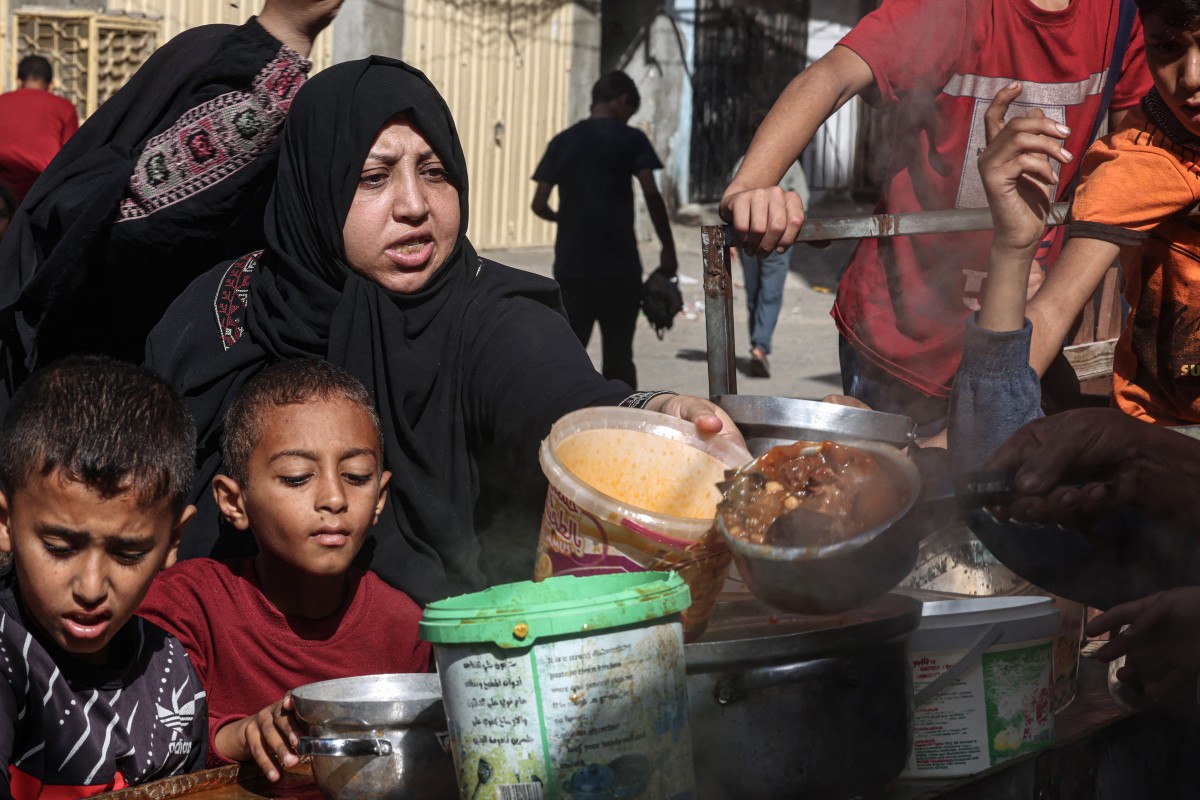
As war on Gaza continues, MENA economies are defying gravity and triggering spillovers. Tourism takes biggest blow.
The Aqsa Deluge is clouding the global economy’s outlook, threatening to dampen growth and reignite a rise in energy and food prices, and also threatening the fragile and tourism-dependent Middle Eastern economies. The situation is incredibly fluid, but the geopolitical web is a complex one and stretches beyond the two sides involved. Spillovers could have a significant impact on economic growth and inflation in the Euro zone unless energy price pressures remain contained.
Also, inflation has surged to all-time high levels this year, according to data. Experts believe there is a real risk of regional spillover and anticipate further escalation. The prevailing mood is one of uncertainty, impacting investment decisions and potentially discouraging businesses from expanding into emerging markets. Borrowing costs have soared, and companies in several countries, from Brazil to China, are expected to face challenges in refinancing their debt.At the same time, emerging markets like Egypt, Nigeria and Hungary have experienced some of the worst scarring from the pandemic, according to Oxford Economics, a consulting firm, resulting in lower growth than had been projected.
Even before the Aqsa Deluge and the ensuing conflict, MENA inflation was projected to peak at 17.5 percent on average this year, easing to 15 percent in 2024, with a small variance across countries, according to International Monetary Fund (IMF) figures. Global headwinds were still impacting the region “when it comes to financing conditions,” the IMF report said.
The escalating conflict could potentially have far-reaching impacts on energy prices, food costs, international trade, and diplomatic ties, but also push up the cost of food production, adding to high levels of food insecurity, particularly in developing countries like Egypt, Pakistan, and Sri Lanka, experts warns. The overriding political preoccupations also mean that traditional monetary and fiscal tools like adjusting interest rates or government spending may be less effective.
Tourism economies take biggest blow
The economies of Egypt, Jordan, and Lebanon are triggering concerns that the impact will spread across the Middle East. Months and months of bookings have disappeared in Lebanon, where tourism has been a major catalyst of the ailing economies and ensured a steady flow of fresh dollars into the country. Lebanon, already in profound crisis, relies on tourism for about 40 per cent of its Gross Domestic Product (GDP), and now faces a further economic deterioration. A Standard and Poors report confirmed that a likely halt of foreign tourism could cause significant problems in Egypt, Jordan, and Lebanon.
S&P estimated that a 10%-30% drop in Egypt’s tourist revenues could cost the country four to elevent percent of foreign exchange reserves if Egypt’s Central Bank opted to intervene. While in Lebanon, it could deliver an up to 10 percent hit to the ailing country’s GDP, adding further suffering to its economy.
In Jordan, where tourism accounts for 10 percent of the GDP, the war had triggered a string of cancellations too. In Egypt, where the government has already turned to the IMF to relieve its economic crisis, many tourism bookings in Sinai, which borders Gaza, have been cancelled. In the post-pandemic boom town of Dubai, economic strength has been driven by an influx of Russians fleeing war and the ultra-wealthy seeking additional homes. Hoteliers say the Gaza war is responsible for some cancellations from Israeli and American tour groups, but few expect others to avoid the city because of a distant war on the shores of the Mediterranean. However, “uncertainty is a killer for tourist inflows,” said Kristalina Georgieva, the IMF’s managing director, at Saudi Arabia’s Future Investment Initiative conference earlier.
Spillover effects
A global recession could be set in motion by the conflict in the Middle East, as the humanitarian crisis compounds the challenges facing an already precarious world economy, Wall Street’s commentators have warned. On a political level the Aqsa Deluge and the enusing war seems to have put a stopper on U.S.-brokered negotiations around Saudi-Israel relations
“There’s a great deal of uncertainty regarding the potential impact of the war on the region’s economy,” IMF analysts claim. “The risk of further escalation threatens to both deepen and broaden the economic fallout,” they add. The ongoing Israel-Hamas war could affect European economies via lower regional trade, tighter financial conditions, higher energy prices and lower consumer confidence, according to a Goldman Sachs report.
The negative Wall Street sentiment concerning the global economy is also being echoed elsewhere. Last week, the Economist published a leader article entitled: “The world economy is defying gravity. That cannot last.” One of the reasons the conflict between Israel and Hamas is seen as posing a global economic threat is the world’s reliance on the region’s oil, which accounts for a third of the market. Economists often fear that spikes in the oil price can trigger global recessions.
As it is, nations are already struggling with unusually high levels of debt, limp private investment, and the slowest recovery in trade in five decades, making it tougher for them to grow their way out of the crisis. Higher interest rates, the result of central bank efforts to tame inflation, have made it more difficult for governments and private companies to get access to credit and stave off default.
Oil Markets
Fortunately, the conflict as it stands does not meaningfully impact oil production or supply. So far, markets seem to think this will remain the case. At the time of writing, Brent crude prices are just over five percent higher this week, and still well off this summer’s highs. However, a worst-case scenario could cause oil prices to spike to $150 a barrel, from about $85 currently. The global economic consequences of this scenario would be severe, triggering a plunge in stock prices and a loss of $2 trillion for the global economy.
In an alarming new report, the World Bank warned on October 30 that the conflict between Israel and Gaza could trigger a global economic “shock,” where millions will may go hungry due to higher food prices. It could mirror the crisis during the 1973 war, when Arab members of OPEC, led by Saudi Arabia, imposed an embargo on oil sales to the United States in retaliation for Washington’s decision to re-supply the Israeli military. Much is unclear, but a wider conflict would bring greater risk. Some have drawn parallels to the 1973 Yom Kippur War, during which Arab OPEC countries implemented an oil embargo targeted at nations that had supported Israel. As a result, the embargo spurred oil prices to surge over 300 percent, catalyzed high inflation and an economic recession and led to a prolonged rout in stock markets.
Goldman’s commodities team assessed a set of downside scenarios in which oil prices could rise by between 5% and 20% above the baseline, depending on the severity of the oil supply shock.
Food security
Seemingly, the contagion effect is touching countries’ CPI. Food price inflation remains elevated across all countries’ income categories, with 57.1 percent of low-income, 83.0 percent of lower-middle-income, and 59.0 percent of upper-middle-income countries having inflation levels exceeding five percent, with some countries reporting double-digit inflation, according to the World Bank Food Security Update report.
The report added that 64.3 percent of high-income countries with high inflation rates experienced elevated food price inflation. In addition, the report mentioned that the most affected countries by high food price inflation were located in Africa, North America, Latin America, South Asia, Europe and Central Asia. The World Bank noted that real food price inflation (which is defined as nominal food inflation minus overall inflation) has exceeded real overall inflation in 77.0 percent of the 170 countries for which both food CPI and overall CPI indexes are available.
Maan Barazy is an economist and founder and president of the National Council of Entrepreneurship and Innovation. He tweets @maanbarazy.
The views in this story reflect those of the author alone and do not necessarily reflect the beliefs of NOW.








